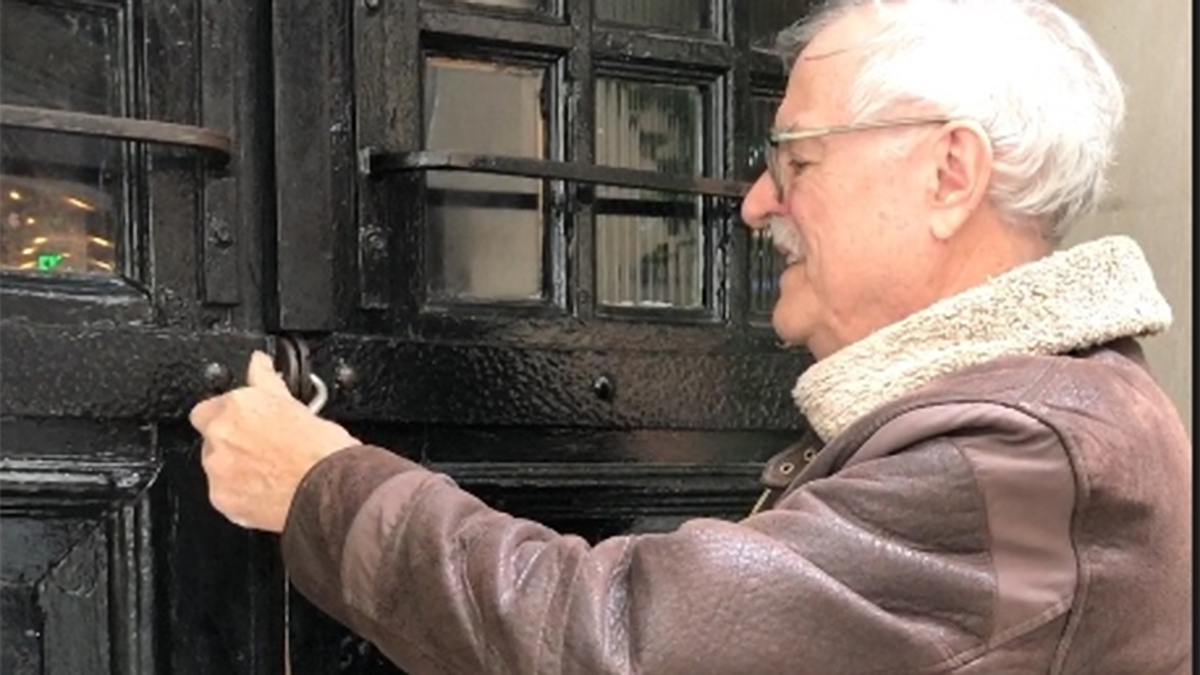A large drive-thru testing site outside Citizens Bank Park in South Philadelphia opened Friday — and was busy again Saturday. There are strict criteria for testing: You must have symptoms and be a health care worker or a person older than 50.
Now that drive-thru testing sites are up and running across the Philadelphia region, a top city official says that they are no longer useful in containing the coronavirus.
The shortage of test kits and delays in receiving lab results have diminished the role of widespread testing, Dr. Thomas Farley, Philadelphia's health czar, said Monday.
"In view of the shortage of supplies and in view of the shortage of testing capacity, testing is becoming less valuable," Farley said. "It will be less of a focus of our overall response to this epidemic."
More than a dozen drive-thru testing sites for the coronavirus are now operating throughout the Philadelphia region following a week's worth of planning by hospital systems and county health agencies.
But as sites ramped up Monday, a bigger focus of testing is becoming clear: health care workers, first responders and those already hospitalized. That's in part because testing potential cases among the general public may be losing steam as a containment strategy.
Testing is still very valuable to preventing contagion among those already hospitalized or the health care workers on the front lines of the battle with the coronavirus, Farley noted.
But a broader strategy in the weeks ahead for the general public will likely rely on self-isolation and sanitary rituals, like washing hands and social distancing.
"Testing is still important for health care workers. We don’t want healthcare workers exposing their patients and it’s important for the health of patients in the hospital," he said. "But it’s less important for others."
A top official who manages testing sites for one of the Philadelphia region's largest healthcare systems told NBC10 that kits are limited, and only certain people should be tested at this time. Most of the sites currently require patients to already be in-network if they want a test. Patients also need pre-approval from their physician.
Farley's outlook comes at a time when states and counties are reporting ever-increasing numbers of confirmed cases. The daily tallies of those cases, however, reflect what has already occurred, health officials say.
In Philadelphia, for instance, the 75 confirmed COVID-19 cases that Farley reported on Monday are for patients tested nearly two weeks ago.
"Our test results reflect spread that happened about 12 days ago," Farley said. "And we have to assume there’s been quite a good deal of spread since that time until today."
The lag between a test sample taken from a patient and the result reported back to local authorities has to do with a centralized, overloaded infrastructure. A test taken in Montgomery County, Pennsylvania, or Camden County, New Jersey, or New Castle County, Delaware, must be sent to a state lab or a private lab for initial testing. There, it gets an initial "presumptive" positive or negative result.
The test samples are then shipped to the Centers for Disease Control and Prevention in Atlanta, Georgia, for a confirmation of the initial test.
Not only does all of that take time, but state labs are swamped. Reporting even the initial result could be delayed.
Dr. Anthony Fauci, who is a member of the White House Coronavirus Task Force and director of the National Institute of Allergy and Infectious Diseases, told Science magazine in an interview published Sunday that testing essentially has been a failure.
"Obviously, testing [for the new coronavirus] is one clear issue that needs to be relooked at. Why were we not able to mobilize on a broader scale?" Fauci said. "But I don’t think we can do that right now. I think it’s premature. We really need to look forward."
New York is also among the states where officials have told those with mild COVID-19 symptoms to stay home and not try to get tested.
In Pennsylvania, leaders like Gov. Tom Wolf now focus their efforts in keeping people isolated, as the best chance to stop the virus from spreading quickly.
"This virus, you know, is sneaky. You get it before you know you have it. Now, 80% percent who get it, they're going to be OK. And if you're part of that 80% you can be forgiven for saying, 'What's the big deal?' The big deal is the 20% that are in danger," Wolf said Monday. "And that 20% includes our loved ones and our neighbors. And our problem right now is that we cannot treat that 20% if the virus takes off as it did in Italy. We don't have the capacity in our healthcare system, so we need to buy time."



